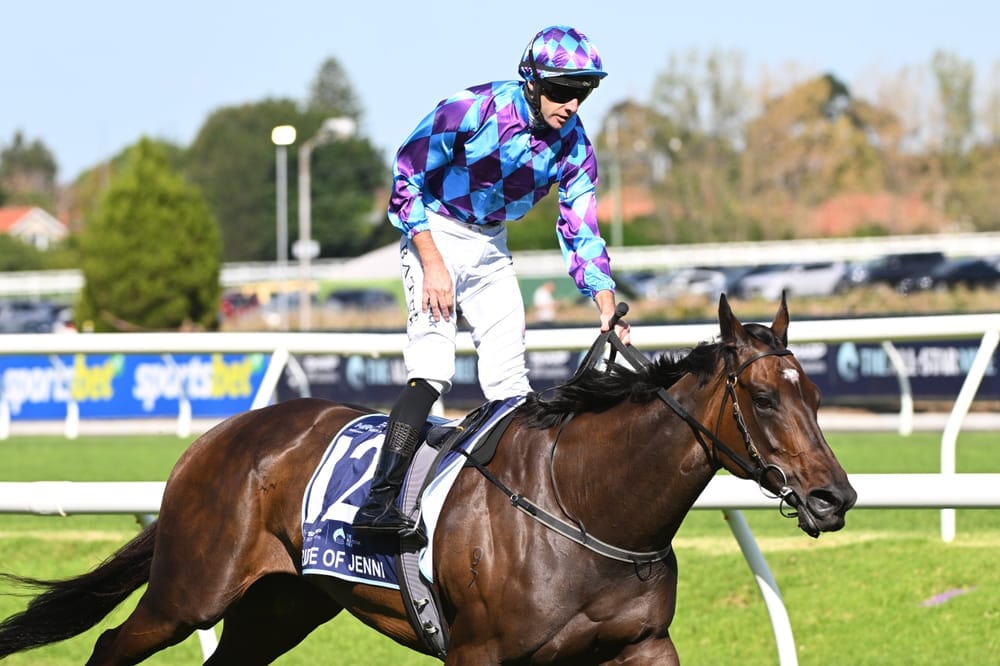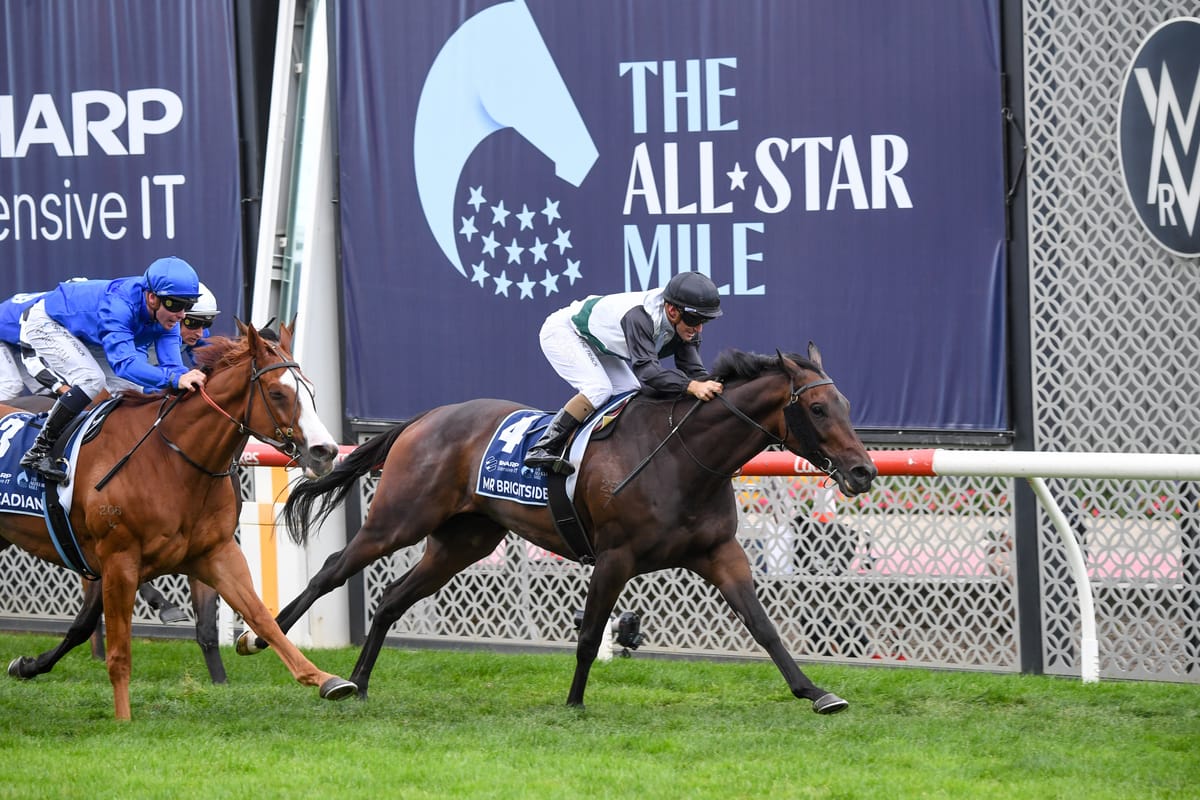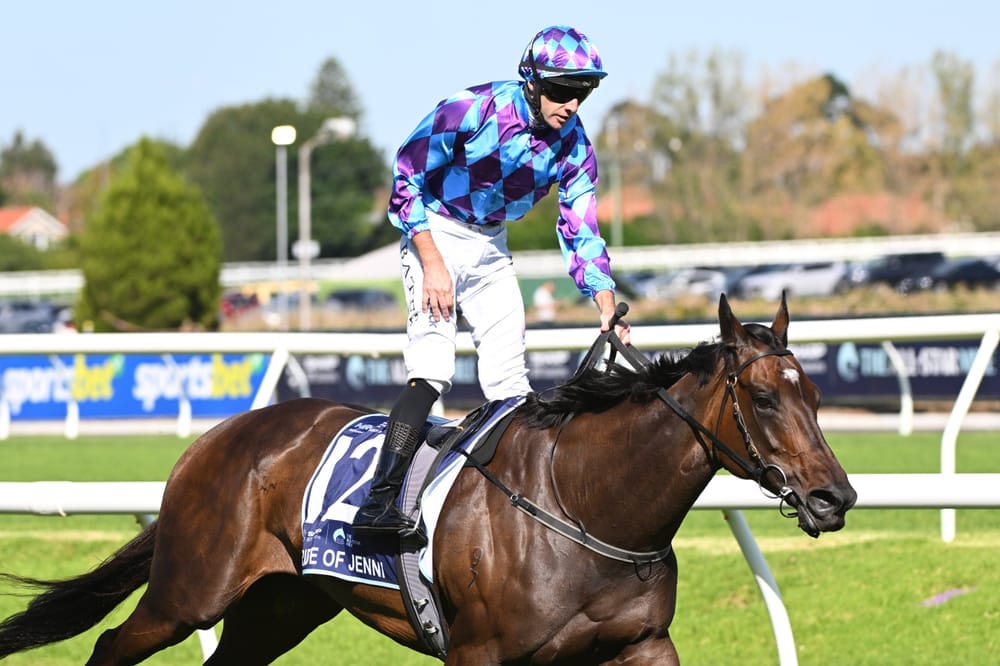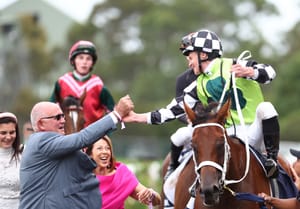Racing Victoria has slashed the purse for the All-Star Mile from $4 million to $2.5 million as part of a prize money redistribution to maintain stakes levels across the board in the face of a wagering downturn.

The reduction in prize money for the race that was hailed as an autumn game-changer when it was introduces , comes as RV also announced an end to the race's rotational concept.
First staged for $5 million at Flemington in 2019, the All-Star Mile will permanently return to Melbourne’s racing headquarters in 2025.
Established on a fan engagement platform, the race will also figure in an autumn carnival shift.
It will now sit alongside the Group 1 Newmarket Handicap on a “Super Saturday” of racing hosted by the Victoria Racing Club on March 8.
RV says it is committed to making the troubled race a Group 1 contest by 2026 at the latest in a bid to reinvigorate its place on the Victorian calendar.
Should Racing Australia’s Black Type Committee decide against elevating the race, Racing Victoria says it will replace an existing Group 1 to meet its deadline.
While full race conditions for next year’s All-Star Mile haven’t been finalised, the race will remain as a weight-for-age event.
But RV says there will be no public voting mechanism, and it has ruled out offering slots as a way of entry.
“We’re excited to confirm Flemington as the home for the All-Star Mile, to be run on Super Saturday, one of the autumn’s most iconic racedays, that will be further strengthened with this elite mile race,” newly appointed RV chief executive Aaron Morrison said.
“The connection between the All-Star Mile and Australian Cup has delivered a great racing pathway and narrative over the past two years.
“This will be cemented with both races now run at Flemington.
“The owner ambassador competition has been a popular feature of the All-Star Mile. We’ll be retaining that unique component and working with the VRC to drive raceday attendance.”
RV says the decision to cut All-Star prize money by 37.5 per cent on top of a reduction for this year’s race is a strategic one to increase purses for some other feature races while funding a suite of enhanced races for maiden horses.
From October 1, Sunday racing in Victoria will feature a $50,000 maiden race.
The western region of Victoria will have a series of maiden races worth $75,000 between October and December with winners qualifying for a $250,000 final on Ballarat Cup day
But while the time-honoured Newmarket Handicap has been kept at $1.5 million, the purse for the 2025 Australian Cup will drop from $3 million to $2.5 million.
Stake levels for the Bagot Handicap, Standish Handicap, Roy Higgins, and Andrew Ramsden have also decreased.
RV says it expects to announce a financial deficit of $12 million for the 2024 financial year, forcing it to dip into cash reserves to offer $316 million in prizemoney and bonuses for 2024-25 - the same amount as 2023-24.
It reported a 10 per cent reduction in wagering turnover, which impacted its bottom line. A net $10 million operational expenditure will be reduced across the 2025 financial year.
“One of our key goals is to maximise returns to participants and owners,” Morrison said.
“Over the past eight years returns to participants have grown by over $140 million, however a more recent downturn in wagering and other financial pressures facing the industry mean that such growth has become more challenging to sustain.

“We’re undertaking a review of our industry operating model and have been executing a range of cost-saving initiatives to ensure that the prizemoney and bonuses we offer this season can remain at the same level as last season.
“That is critical to support our participants and owners who invest in the sport.
“Over the past eight years returns to participants have grown by over $140 million, however a more recent downturn in wagering and other financial pressures facing the industry mean that such growth has become more challenging to sustain" - Aaron Morrison
“We also recognise the importance of investing in grassroots racing for a strong foundation, as well as protecting our major events.
“That’s why we’ve also sought to strategically realign the allocation of prize money across the season.”








